Podcast: The Academic Minute
-
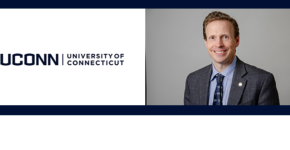
C. Michael White, University of Connecticut – Ketamine Can Rapidly Reduce Symptoms in Patients with Severe PTSD
Post-Traumatic Stress Disorder causes many issues for those afflicted. C. Michael White, distinguished professor and chair of pharmacy practice at the University of Connecticut, details one avenue of treatment. Dr. White’s ~500 peer reviewed publications about drug therapy and safety have resulted in 17,353 citations, H-index of 67, and i10 index of 258; placing him…
-
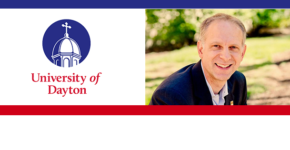
Christian Kiewitz, University of Dayton – Who is Your Co-Worker?
What do you call the people you work with? Christian Kiewitz, professor of management at the University of Dayton, says there’s more to a name than you might think. Christian Kiewitz is a Professor of Management at the University of Dayton, Ohio. His research interests center around problematic behaviors in the workplace, such as micromanagement,…
-
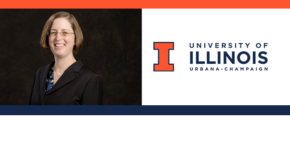
Jennifer Delaney, University of Illinois Urbana-Champaign – State Spending for Higher Education and Cuts
How long does it take to restore state spending on higher education? Jennifer Delaney, professor of higher education in the department of education policy, organization and leadership at the University of Illinois Urbana-Champaign, examines the history. Jennifer A. Delaney is a Professor of Higher Education in the Department of Education Policy, Organization and Leadership at…
-
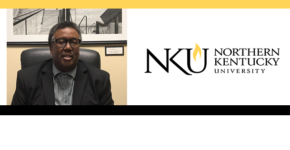
Eric Jackson, Northern Kentucky University – A History of Black History
The field of Black Studies has a lot more to teach us. Eric Jackson, professor of history and associate dean of the college of arts and sciences at Northern Kentucky University, considers the history. Dr. Eric Jackson, professor of history and associate dean of the College of Arts & Sciences, Northern Kentucky University. He earned…
-
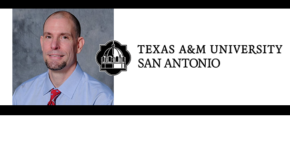
Durant Frantzen, Texas A&M University-San Antonio – Using Risk Assessment to Assess Lethality of Domestic Violence Offenders
How do we help domestic violence survivors? Durant Frantzen, department chair and professor of criminology and criminal justice at Texas A&M San Antonio, has some suggestions. Durant Frantzen is a professor of criminology and criminal justice in the Department of Criminology and Political Science at Texas A&M-San Antonio. He studies issues related to domestic violence,…
-

Jason C. Mueller, Kennesaw State University – Unveiling Silent Suffering: The Covert U.S. “War on Terror” in Somalia
U.S. foreign policy and military actions are usually under the microscope, but not always. Jason C. Mueller, assistant professor of sociology at Kennesaw State University, looks into a more covert “war on terror.” Jason C. Mueller is an Assistant Professor of Sociology at Kennesaw State University. Mueller received his Ph.D. in the Department of Sociology…
-

Emily Hemendinger, University of Colorado Anschutz Medical Campus – Zooming in on Appearance Dissatisfaction
Do you like the way you look when you’re on Zoom calls? Emily Hemendinger, assistant professor with the department of psychiatry at the University of Colorado Anschutz Medical Campus, says if not, you’re not alone. Emily Hemendinger is a Licensed Clinical Social Worker, Assistant Professor with the Department of Psychiatry, and Clinical Director and Deep…
-

Melissa Wasserman, University of Texas School of Law – A Novel Approach to Decrease Drug Prices
Rising costs are everywhere. Melissa Wasserman, Charles Tilford McCormick professor of law and Associate Dean for Research at the University of Texas School of Law, looks into a novel way to reduce them for one sector. Melissa Wasserman’s research focuses on the institutional design of innovation policy, with a particular emphasis on patent law and…
-

Daniel Gervais, Vanderbilt University – How Can Human Law Apply to A.I.
Can artificial intelligence run an LLC by itself? Daniel Gervais, Milton R. Underwood Chair and professor of law at Vanderbilt University, examines the laws of the land to find out. Daniel J. Gervais, PhD, is Milton R. Underwood Chair in Law at Vanderbilt University Law School, where he serves as Director of the Vanderbilt Intellectual…
-

Kideok Jin, Albany College of Pharmacy and Health Sciences – Stopping the Cancer Crosstalk
New breast cancer treatments are needed. Kideok Jin, associate professor at the department of pharmaceutical sciences at the Albany College of Pharmacy and Health Sciences, discusses one that could yield big benefits. Dr. Kideok Jin is an associate professor in the Department of Pharmaceutical Sciences at Albany College of Pharmacy and Health Sciences in Albany,…
